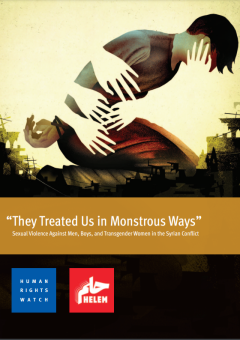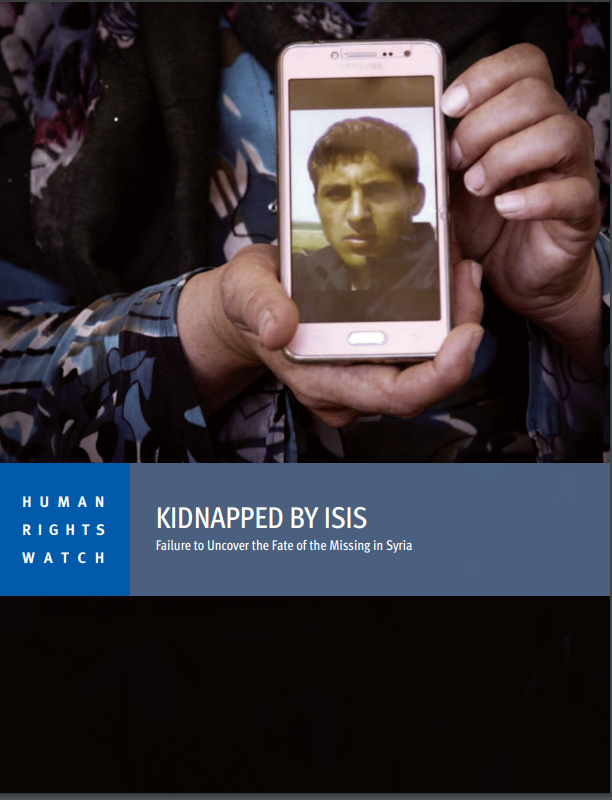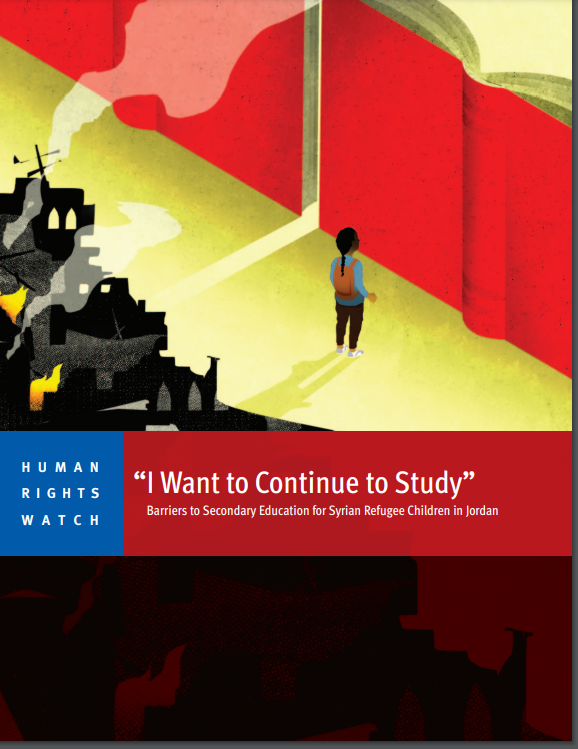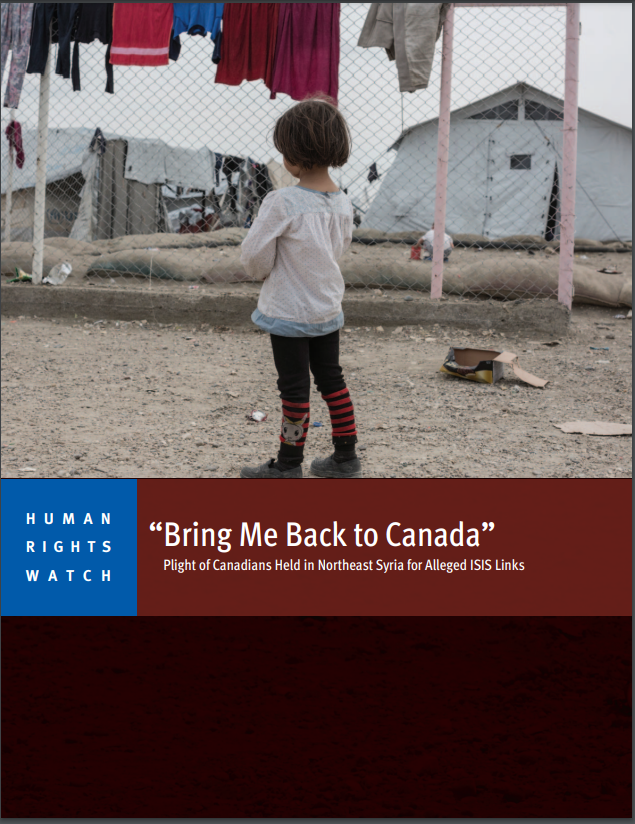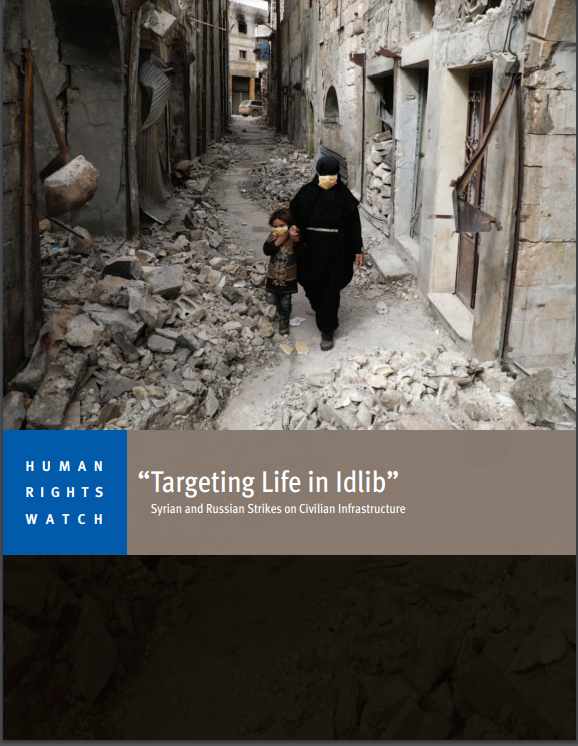Since the Syrian conflict began in March 2011, men and boys and transgender women have been subjected to rape and other forms of sexual violence by the Syrian government and non-state armed groups, including the extremist armed group Islamic State (also known as ISIS). Heterosexual men and boys are vulnerable to sexual violence in Syria, but men who are gay or bisexual—or perceived to be—and transgender women are particularly at risk.
While women and girls are disproportionately targeted by conflict-related sexual violence (CRSV), men and boys are also impacted. However, existing services within gender-based violence (GBV) and child protection are focused almost exclusively on responding to the needs of women and girls and very little attention is paid to the needs of men and boys. Limited data and underreporting—in part fueled by stigma around male vulnerability and reluctance to talk about experiences of sexual violence or seek help for its long-term physical and psychological impact—have contributed to male survivors not receiving adequate attention and help.
This report is based on interviews Human Rights Watch conducted in Lebanon with 40 gay and bisexual men and transgender women—some of whom were perceived by perpetrators to be gay men—and non-binary individuals, as well as 4 heterosexual men. The survivors all described their experience of sexual violence in Syria. We also conducted interviews with 20 caseworkers and representatives of humanitarian organizations operating in Lebanon. While many of the men and boys and transgender women interviewed have also experienced sexual violence in Lebanon, those incidents lie outside the purview of this report.
The report finds that men and boys, regardless of their sexual orientation or gender identity, are vulnerable to sexual violence in the context of the Syrian conflict. According to interviewees, gay and bisexual men and transgender women are subject to increased and intensified violence based on actual or perceived sexual orientation or gender identity. The sexual violence described included rape, sexual harassment, genital violence (beating, electric shock and burning of genitals), threat of rape of themselves or female family members, and forced nudity by state and non-state armed groups. This violence has taken place in various settings, including Syrian detention centers, checkpoints, central prisons, and within the ranks of the Syrian army.
This report also finds that survivors of sexual violence may suffer from various psychological traumas such as depression, post-traumatic stress, sexual trauma, loss of hope and paranoid thoughts. Due to the sexual violence they have been subjected to, survivors may also suffer from physical traumas, including severe pain in their rectum and genitals, rectal bleeding, and muscle pain, and may have sexually transmitted infections (STIs), including HIV.

